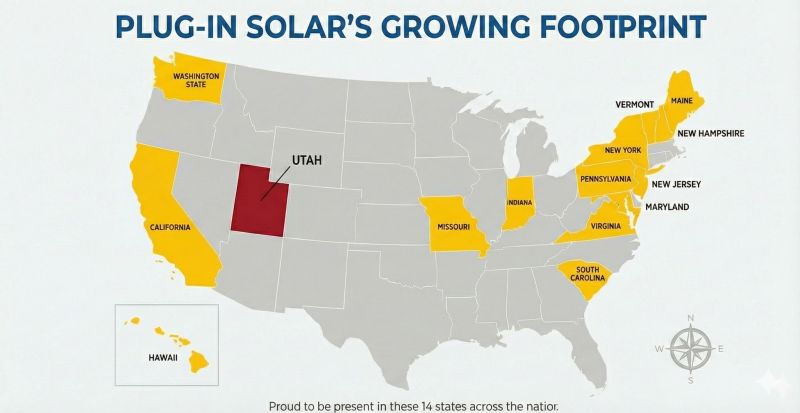A Voice from Montana
- Hudson Baker

- Jun 14, 2022
- 2 min read
Updated: Jun 16, 2022
Hudson Baker is a summer intern at OneGreenThing. He is also a Montana native. His favorite place on Earth, the Yellowstone River, flooded yesterday. Below are his immediate reflections on the devastation of the June 13th floods.

A common trope among climate change deniers is, “How can we truly know that climate change is happening? Tangible evidence is not readily available”.
Unfortunately, yesterday I witnessed substantial evidence for the climate crisis in my own backyard. While summers in Montana are typically ravaged by forest fires, this year the state has been bombarded with astronomical flooding. The Yellowstone River, the lower 48’s longest undammed river, flowed at roughly 54,000 cubic feet per second yesterday as a product of regional unprecedented rainfall and rapid snowmelt. This beats the river’s 1918 historical peak flow by roughly 24,000 cfs. This unparalleled flooding has left a trail of carnage behind it: recordings of Yellowstone National Park employee residence buildings being swept into the river and the Carbella bridge near Gardiner was ripped into the flowing water as well. Further, for the first time since 1988, all five entrances of Yellowstone National Park were closed to visitors as a result of flood damages.
Being a young adult growing up in Bozeman, Montana, the heart of my eco-anxiety lies within seeing the landscape around me warp, making an environment I once recognized and cherished unapologetically foreign to me.
There is an expression for this dread: solastalgia. Solastalgia can be thought of as a distinct distress produced by witnessing environmental change to a region you are connected with. As a fly fisherman, the Yellowstone river is the crown jewel water in my eyes— there is no better feeling than the joy of driving through Paradise Valley, knowing you will soon be floating down by Gardiner in the pursuit of brown trout and cutthroat on golden stonefly imitations. The mere ecological and economic loss that has occurred at the hands of this flooding is difficult and upsetting to imagine, and I struggle to determine ways that I can help. I have already donated to one of the burgeoning charities dedicated to helping those who have been affected, but beyond this I feel helpless, left only to watch the carnage unfold. Only time will tell how the fisheries and the rivers’ surrounding infrastructure will be impacted by the raging water, but I hope that they will have a swift recovery and that the lives of those surrounding the river have not been horribly uprooted. This works as proof that we find ourselves in a changing world, and that immediate action must be taken to mitigate our impact on this planet we are ever-so-reliant upon.




Comments